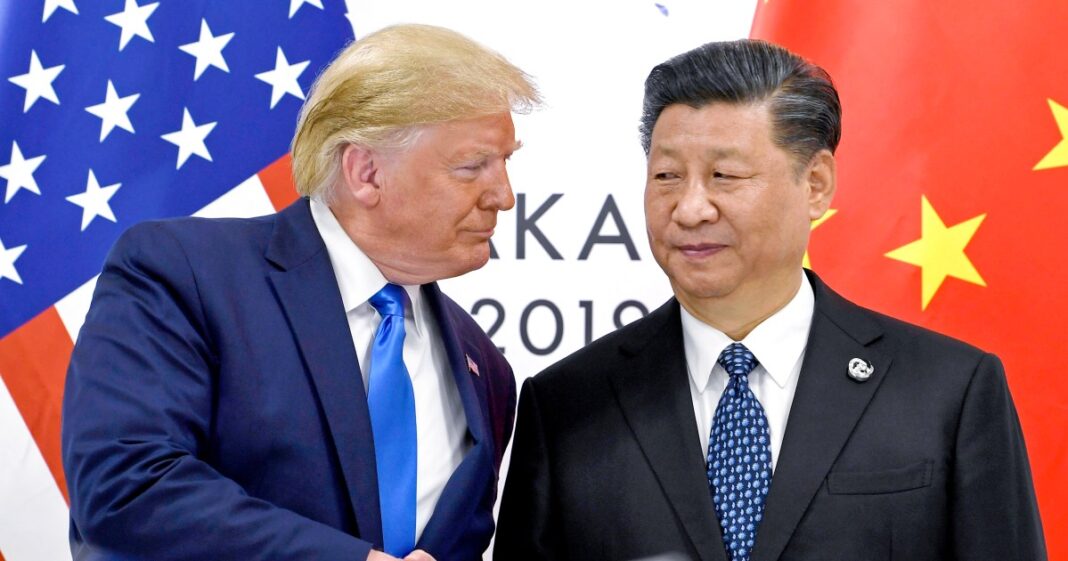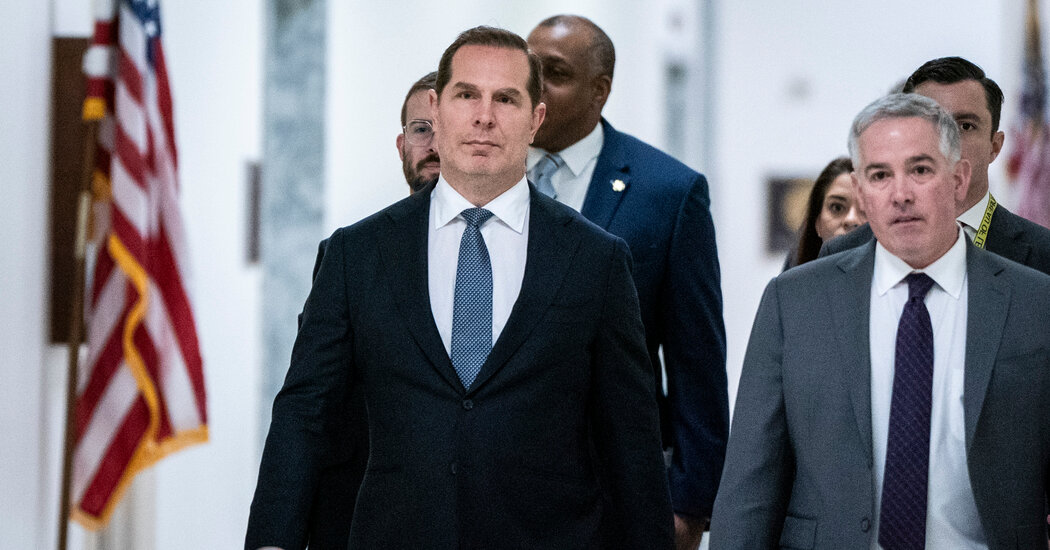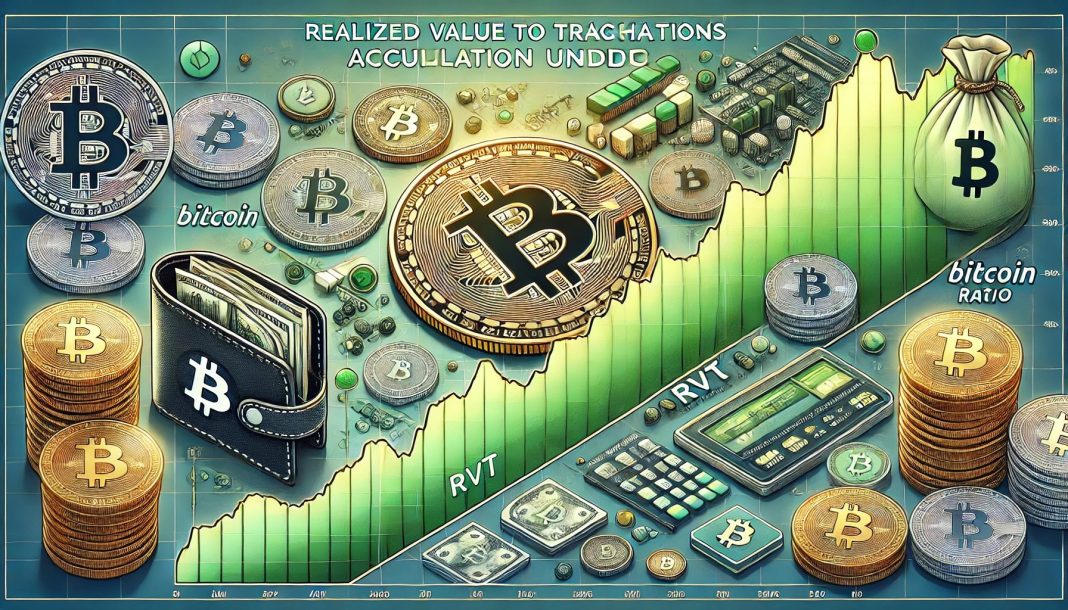The United States and China are in a trade war face-off.
The US exported $143bn worth of goods to China in 2024 and has a trade deficit of $295bn.
To curb that, President Donald Trump has ratcheted tariffs up to a never-before heard of 145 percent on China, which has retaliated with 125 percent taxes on US goods.
While Trump has paused tariffs on most countries for 90 days, China is not on that list, escalating tensions between the two countries.
Earlier this week, China’s Ministry of Commerce said it is willing to “fight to the end” and has accused the US of violating the rules of the World Trade Organization.
For his part, Trump has said the tariffs are bringing in $2bn a day. According to Treasury Department data, the tariffs have brought in $200m a day.
How can China fight back?
China’s nuclear option revolves around US debt. China is the second largest holder of US debt – otherwise known as treasuries – at $760bn. Countries like China like to buy US debt because the dollar is considered the standard currency in international trade, and thus, a low-risk investment. China is only second to Japan, which holds $1 trillion, according to the US Treasury Department.
China could theoretically weaponise the US Treasury holdings – by dumping it – meaning that it would sell off treasury holdings for less than they are worth. By doing so, China would then, because of the amount it owns, devalue the US dollar.
“As the tariff barriers become so prohibitive that we are just no longer able to access each other’s markets, the only source of escalation becomes kind of more escalating retaliatory tools,” like selling off US debt for less than it is worth to devalue the dollar, said Alex Jacquez, chief of policy and advocacy at the economic think tank, the Groundwork Collective.
“That could have not just domestic but global consequences and really kind of unforeseen ones,” Jacquez said.
James Mohs, a professor of accounting, taxation and law at the University of New Haven, says that it could be worse if China were to buy more of the debt that the US may issue.
“If we have to issue more debt, that is going to weaken our economic structure. Of course, it’s going to probably weaken the dollar because it’s a pure amount of excess debt,” Mohs told Al Jazeera.
However, it’s not clear that China will go down that route of selling treasuries. Such a move would hurt China just as much, by devaluing its dollar assets and strengthening the yuan. That would hurt both global and domestic economic output as it would make Chinese exports more expensive.
China does not want its currency at a higher value because the US dollar is the standard of global trade, meaning that it would make more money off another country’s currency rather than its own. However, by owning so much US debt – an estimated $3 trillion between the state and domestic banks – China automatically has leverage over the value of the dollar.
How the US Federal Reserve can respond
Even if China made such a move, the US Federal Reserve could quickly counteract the damage through aggressive quantitative easing (QE). Under QE, the central bank injects money into the economy by buying up key financial assets like government bonds in order to lower interest rates and stimulate economic activity, as it did during the height of the COVID-19 pandemic.
But with daily changes in tariffs, the central bank’s decision-making is in flux. The Federal Reserve has signalled it will likely not push for interest rate cuts anytime soon. Morgan Stanley forecasted that the Fed would not make any cuts for the rest of the year.
“It’s hard for them [the Federal Reserve] to even plan on what they might do at the moment, given that the president doesn’t appear to know what he will be doing day-to-day or week-to-week,” Jacquez added.
In the midst of all the chaos, consumers are starting to pull back. The University of Michigan’s Consumer Sentiment Index report, which came out this morning, shows an 11 percent drop from last month amid concerns about what a trade war would mean on issues ranging from personal income to inflation.
The report is far from the only metric showing the American public is worried. The Conference Board reported late last month that consumer confidence fell to a 12-year low.
“If every news headline that they turn on is a negative one, and there are threats of nuclear options by China or other trading partners, consumers are going to start to pull back spending,” Jacquez said.


